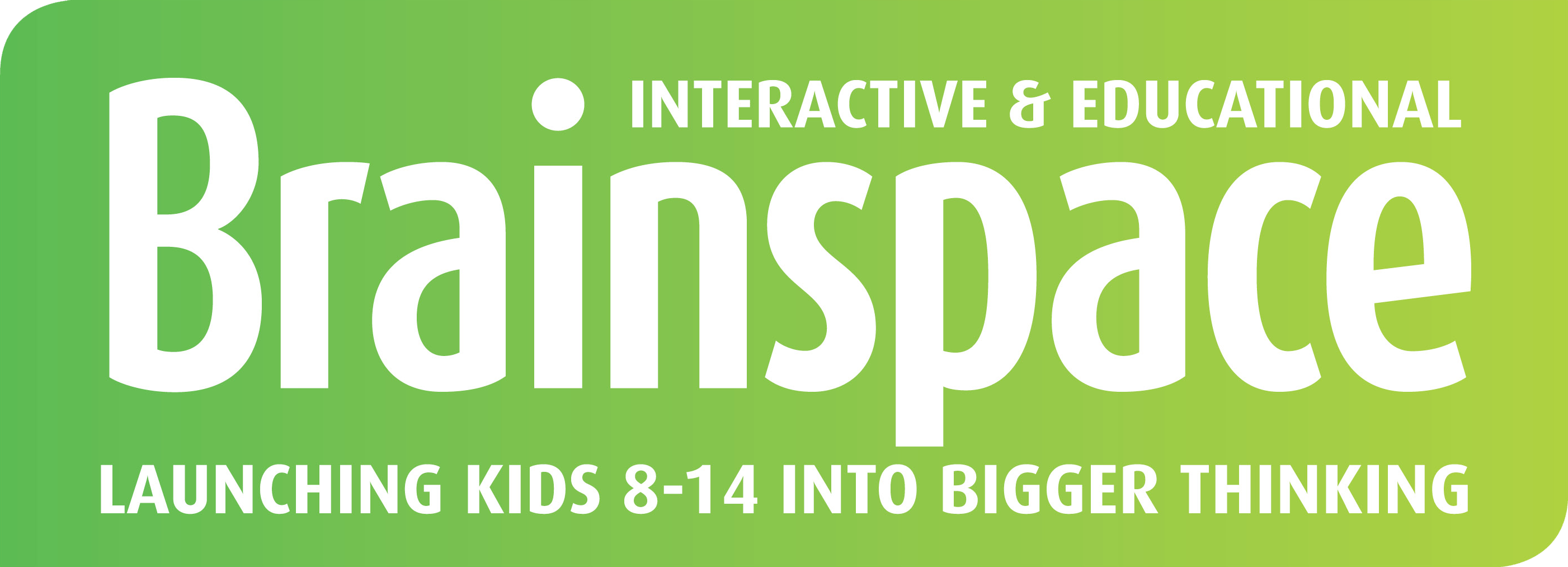
Why are chemists great at solving problems? They have all the solutions!
Funny jokes are meant to make us laugh, but have you ever thought about why and how we laugh? Let’s see if laughter really is the best medicine.
What exactly is laughter?
Laughter is the physiological reaction to finding something funny. It’s made up of two parts – physical reactions, including body movements or gestures, and the production of sound. Your laugh might sound like a shriek or a giggle, and if something is funny enough, you might slap your knee or wave your hands wildly.
Laughter is a spontaneous reflex, which means we do it subconsciously, or without thinking about it. It just happens! Laughter causes the involuntary contraction of 15 facial muscles which makes you smile. Your respiratory system is also activated. We breathe faster when we think something is funny, which is why you might of the brain are activated. For example, the brain’s right hemisphere of the cortex analyzes a joke intellectually so that you properly understand what the joke means.
GELOTOLOGY
Gelotology is the physiological study of laughter! The term gelotology comes from the greek word gelos, which means … you guessed it … laughter! Gelotologists research the effects of laughter and humour on the brain and the rest of the body.
Many gelotologists suggest that laughter has many positive effects on both our physical and mental health. Laughter is known to relax muscles for as long as 45 minutes and can also reduce the effect of stress hormones.
Some studies have even shown that laughing 100 times has the same benefits as 15 minutes on an exercise bike.
The Limbic System
The limbic system is a network of structures located beneath our brain’s cerebral cortex that influences our behaviour and emotions, including hunger, pleasure and fear. It’s a part of your brain that is responsible for laughter; however, multiple parts of your brain work together when you find something funny.
Some researchers have used electroencephalogram (EEG) tests to monitor brain activity during laughter. The heart has to work faster, too. When you laugh, your pulse increases and your blood pressure goes up.
DO ANIMALS LAUGH?
Dr. Marina Davila Ross of the University of Portsmouth in England studies the evolution of communication, cognition and emotions by comparing orangutans, chimpanzees, and human children in their natural social settings. In one study, she studied the responses primates had to tickling. Like humans, they responded with “tickle- induced vocalizations.” Other studies have shown that some rodents make ultrasonic chirping sounds when tickled. Ultrasonic means having a frequency above what the human ear is able to hear.
HERE ARE A FEW SCIENCE JOKES THAT WILL HOPEFULLY GIVE YOUR FRIENDS THE GIGGLES!
Q: What did the limestone say to the geologist?
A: Never take me for granite!
Q: How did the astronaut serve lunch in space?
A: On a flying saucer!
